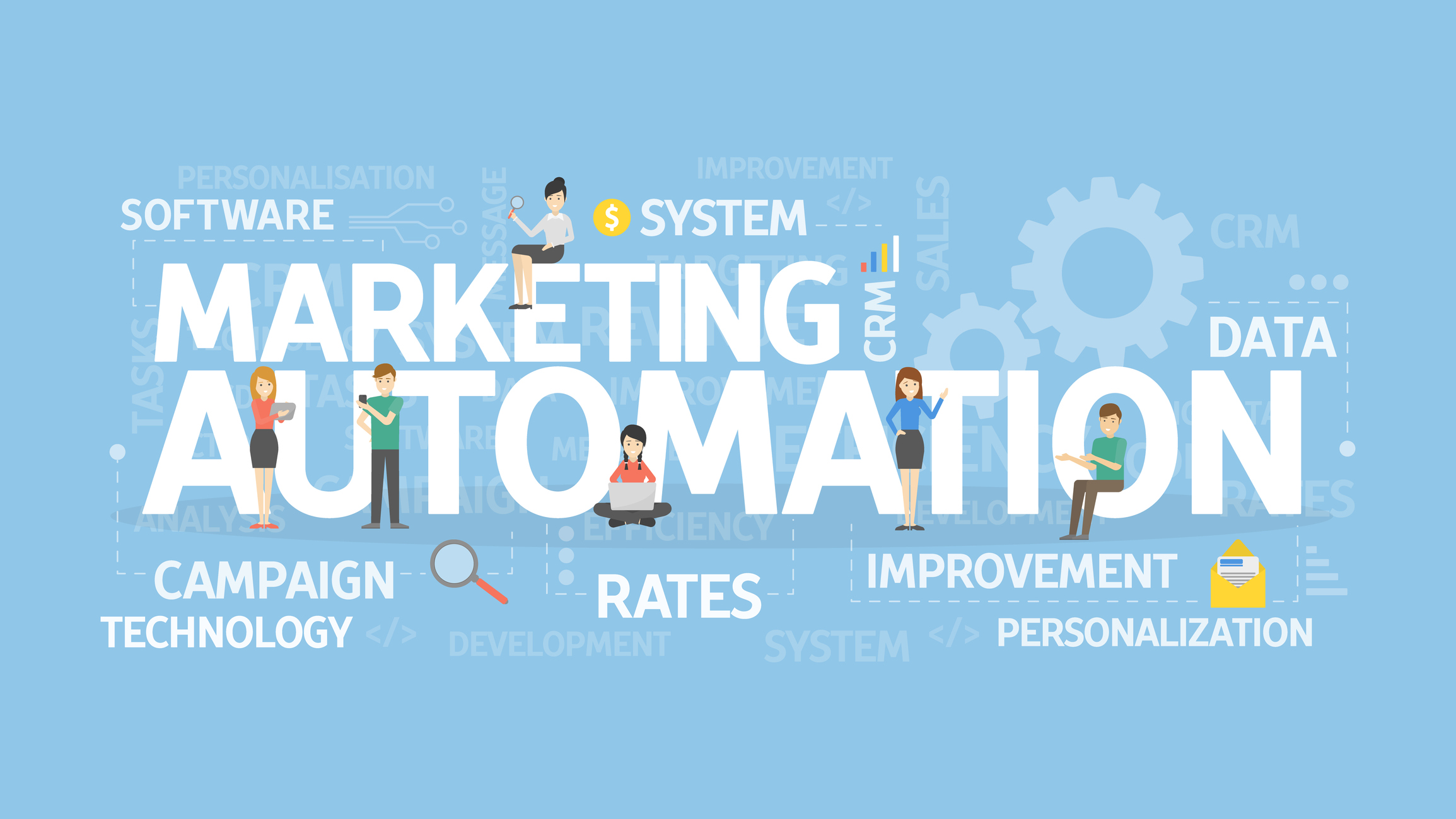
With the advent of new technologies, marketing teams in virtually every industry have access to new digitally enhancing options and opportunities. According to a study by Martech Series, 85 percent of businesses use marketing automation. Despite the potential benefits, it does not come without obstacles, the most common of which is identifying processes that can be automated and determining how to automate them.
So, what is marketing automation, and how does it contribute to the success of marketers?
What is marketing automation and how is it utilized?
A marketing automation system streamlines the marketing processes used to support digital marketing campaigns by incorporating the following features:
- Generation, nurturing, and scoring of leads
- Audience targeting and segmentation
- Upselling and cross-selling
- Customer retention and loyalty programs
- Analytics and reporting to improve marketing and content (that is, tweaking the subject headings or send times)
- A/B testing to determine the most effective headlines, offers, copy, and images
What advantages do marketing automation tools offer?
Marketing automation can offer numerous advantages, including the following:
- Streamlining digital marketing initiatives to reduce sales cycle length
- Eliminating human error by automating repetitive manual tasks
- Achieving better and more consistent results due to a foundation of accurate and timely customer data
Marketing automation may provide the greatest benefits to the marketing team. With the proper automations, marketers spend less time performing mundane tasks and more time focusing on strategy, campaign optimizations, gleaning insights from performance reporting, and other activities that require critical thinking and human judgment.
Which issues does marketing automation address?
Marketing automation can resolve a variety of issues. Among them are establishing a consistent brand presence, gaining a deeper and more nuanced understanding of your customers (and how to segment them), and decreasing customer churn.
In many instances, the root cause of these issues is poor-quality leads. Without a base of well-curated leads, marketing teams can sometimes feel as if they are spinning their wheels. The manpower required to manually qualify leads through personalized communication, value creation, and interpretation of buying signals can be overwhelming. In this context, marketing automation automates tasks such as customer research and relationship management.